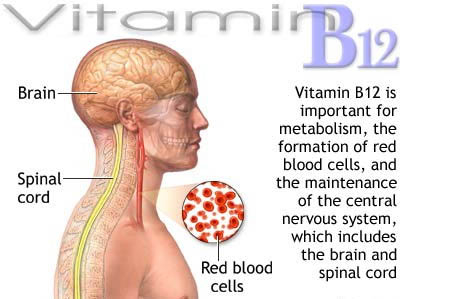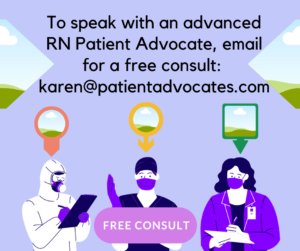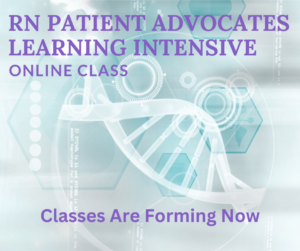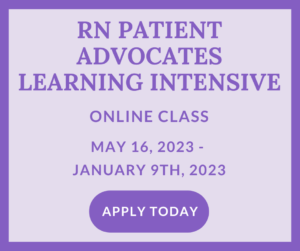Insulin Resistance: Ever wonder what it really is? Could this be a factor in your life and health?
First, what is it? Insulin is produced in the pancreas and is responsible for regulating delivery of glucose (sugar) into cells to provide them with the material to create energy. In insulin resistance the normal receptors on the cell walls that “open up” the cell to let in the sugar do not work. Consequently the pancreas pumps out more insulin to force the cells to open to the sugar. This leads to high levels of both insulin and sugar...






Recent Comments